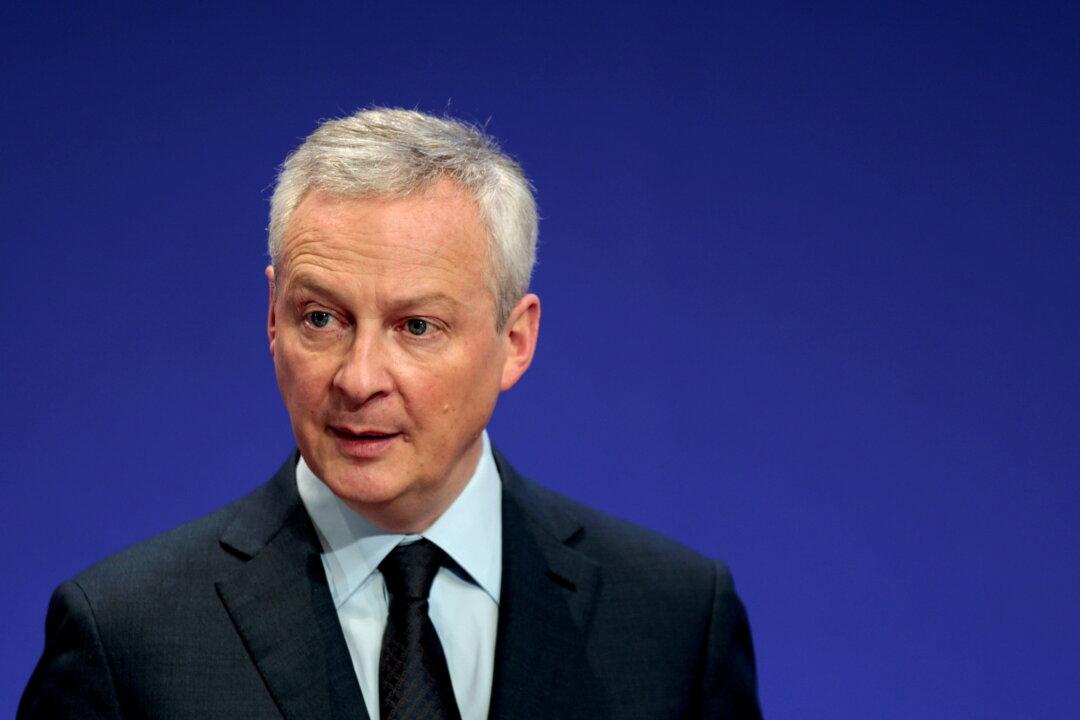The European Union is ready to impose punishing sanctions on Russia if it invades Ukraine, French Finance Minister Bruno Le Maire told Bloomberg Television, adding that hopes remain for a diplomatic resolution to the crisis.
The sanctions that the EU is poised to launch would have “a deep impact on Russia and the Russian economy and on the Russian interest,” Le Maire said, while calling the current moment in the crisis a “time for deescalation” and diplomacy.





